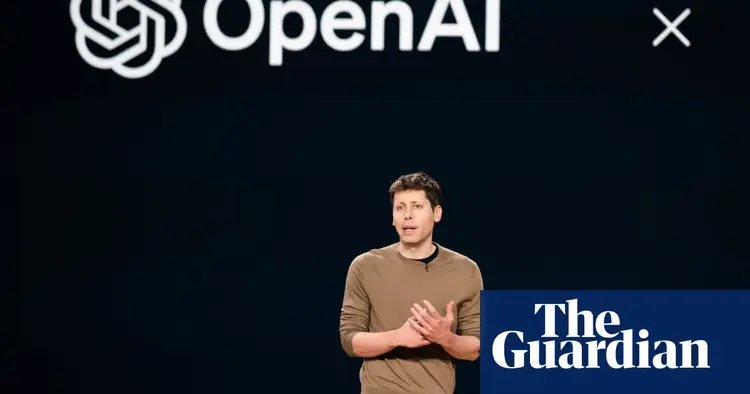OpenAI makes AI video generator Sora publicly available in US

OpenAI has just made its AI video creation tool, Sora, accessible to everyone in the US. The company shared this news on Monday, marking the tool's official public release. Sora was initially introduced by OpenAI in February but was only available to a limited group of artists, filmmakers, and safety testers. However, on Monday, there were times when OpenAI's website experienced high traffic, preventing new users from signing up for Sora.
Sora is recognized as a text-to-video generator, which is a tool that produces AI-generated video clips from whatever a user writes. For instance, on OpenAI’s website, there’s a demonstration where the prompt is “a broad, calm view of a family of woolly mammoths in a vast desert.” The resulting video depicts three of these long-gone animals leisurely moving through the sandy hills.
In a recent blog post, OpenAI expressed their anticipation that this preliminary release of Sora will allow individuals around the world to tap into fresh avenues of creativity, share their narratives, and expand the limits of what's achievable in video storytelling.
OpenAI has gained widespread recognition for its well-known chatbot, ChatGPT. However, it is also expanding into different types of generative AI. The company is developing a voice-cloning technology and has incorporated the image generation tool Dall-E into the features of ChatGPT. With the backing of Microsoft, OpenAI is at the forefront of the rapidly growing AI industry, boasting a valuation of nearly $160 billion.
Prior to the launch of Sora today, OpenAI allowed tech reviewer Marques Brownlee to try out the tool. He described the outcomes as both “terrifying and amazing.” Brownlee noted that Sora performed impressively with landscapes and artistic styles, but had difficulty accurately representing basic physical principles. Additionally, some filmmakers who had the chance to preview the tool mentioned that it generated unusual visual anomalies.
OpenAI is currently addressing compliance challenges related to the Online Safety Act in the UK, as well as the Digital Services Act and GDPR in the European Union.
Two weeks ago, the company halted all access to the tool after a group of artists discovered a way to bypass its security, which would enable anyone to use it freely. In a statement shared on the AI community platform Hugging Face, they criticized OpenAI for "art washing," claiming that the product threatened to take away jobs from artists. The group, which called themselves the “Sora PR Puppets,” accused the company of trying to create a favorable image for its product by aligning itself with creative individuals.
Although generative AI has made significant advancements in the last year, it remains susceptible to producing false information or inaccurate answers, which are often referred to as "hallucinations." Moreover, AI tools that create images frequently generate unrealistic visuals, including figures with extra limbs or incorrectly positioned facial characteristics.
Critics are raising concerns that this kind of AI video technology could be exploited by malicious individuals for spreading false information, scams, and creating deepfakes. There have already been instances of deepfake videos featuring Ukrainian President Volodymyr Zelenskyy, which falsely show him urging a ceasefire, as well as one of Kamala Harris inaccurately portraying herself as "the ultimate diversity hire."
In its blog, OpenAI announced that it will initially restrict uploads related to certain individuals and prohibit any content featuring nudity. The company also stated that it will be preventing extremely harmful types of abuse, including child sexual abuse materials and sexual deepfake content.
Sora will be accessible to users who are already subscribed and paying for OpenAI's services. Individuals in the US and many other countries around the world will be able to use the tool, but it won't be offered in the UK or Europe because of copyright concerns.









































